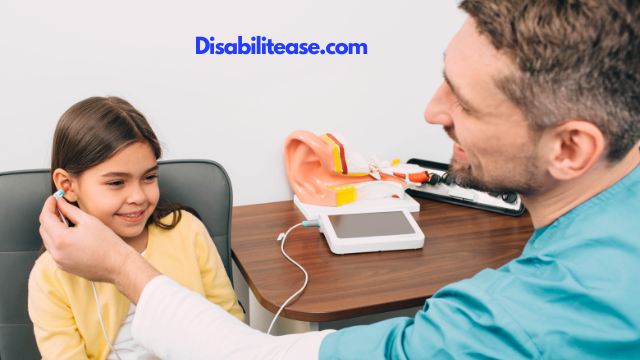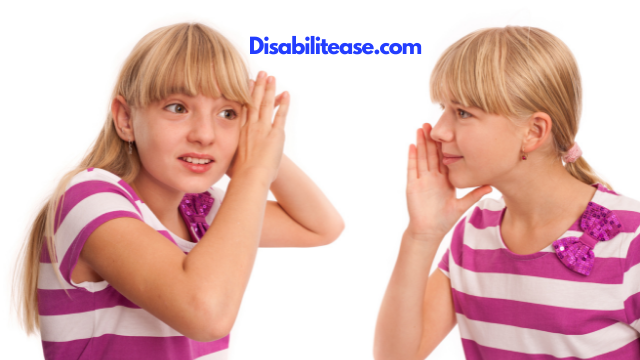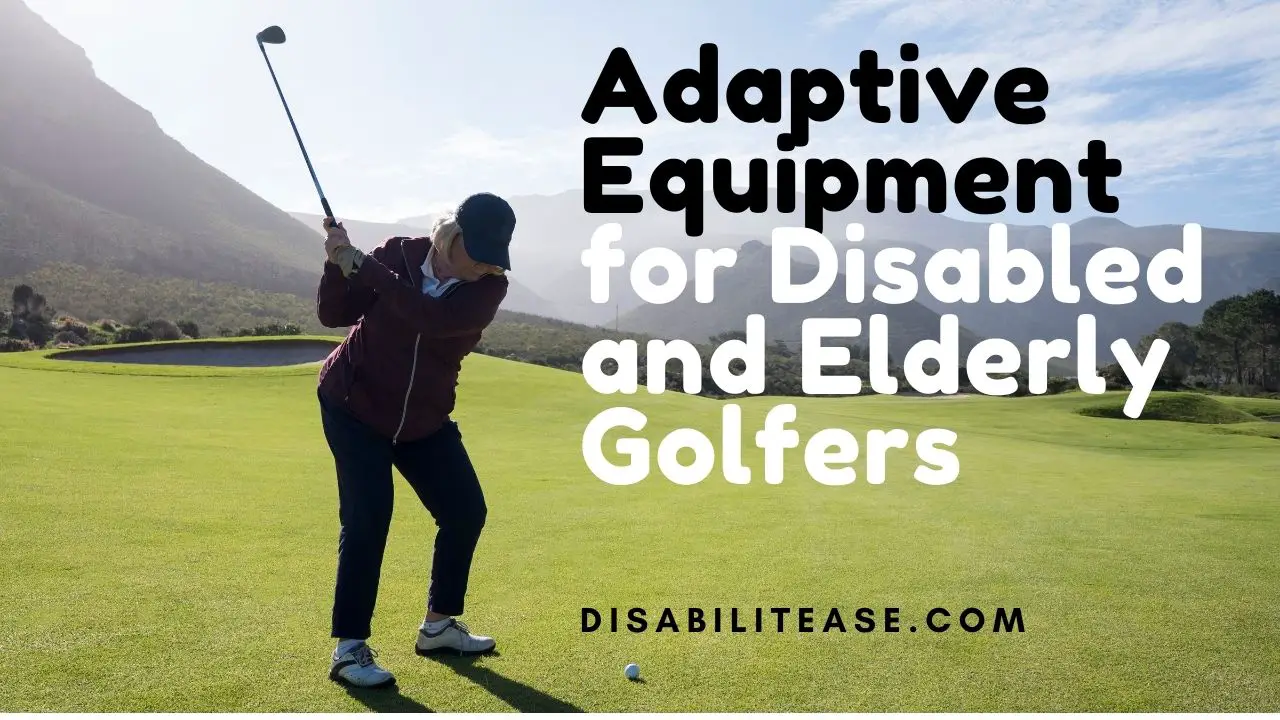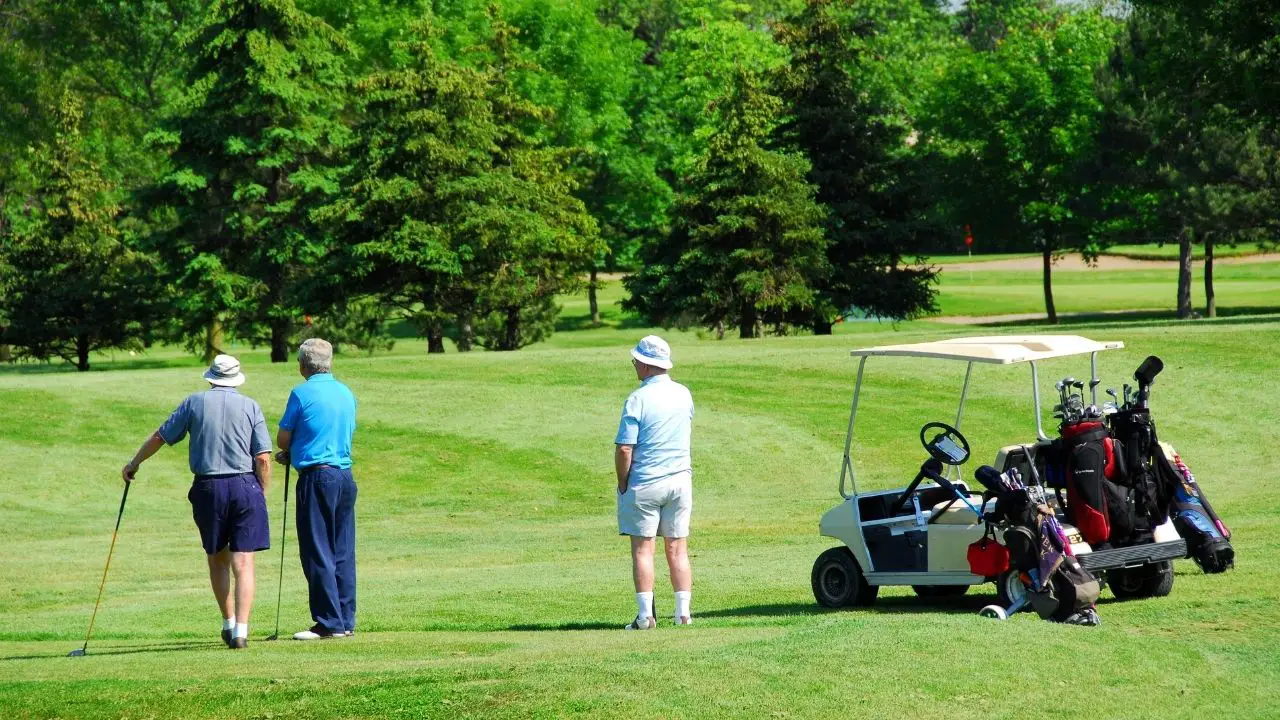It is natural to wonder how deaf parents raise their hearing children when they cannot understand and interpret sounds themselves. It may become difficult for them to teach their children how to speak.

But the good is that we have examples of people successfully raising children who have a complete understanding of sounds and language.
Also, you have to check out my post on How Do Deaf People Learn To Read? – Everything You Need To Know.
Deaf Parents can raise hearing children. All they need to do is pay attention to their children’s progress in learning a language. But we cannot disregard that there are challenges that deaf people face while raising a hearing child.
Table of Contents
How Do Deaf Parents Raise Hearing Children? What Are The Challenges?
There is a term for children growing up in a household with deaf parents. They are known as the children of deaf adults (CODA). These children who deaf parents raise face many challenges.
Mostly deaf people raise their hearing children with the help of a hearing babysitter. The babysitter can teach parents all the ways language works for those who do not have to rely on sign language and lip-reading. It might affect these children as there is a risk factor that they may grow apart from their parents.
Another challenge is the barrier of communicating with deaf parents. The children of deaf adults have tendencies to scream or yell, which is often observed that this is a pent-up frustration in them.
There is also a potential that these children might take advantage of their deaf parents, but it is a problem that arises in the teenage. These problems or rather challenges do not mean that having deaf parents is a lesser thing. It only suggests a need for more understanding, care, and bonding.
Organizations That Help Deaf Parents In Raising Hearing Children
Families with deaf members have a network of organizations that they are a part of willingly. An international organization, CODA, helps with this kind of family. Minnesota Hands and Voices give a list of organizations that ensure behavioral therapy. Through social activities, they provide support to the children of deaf parents and extend their support to their parents as well.
A Way Forward
Deaf parents of a hearing child have expressed that their main concern arises when they are in a different room, and their child is in another room. The lack of a hearing aid in this situation renders them helpless.

But with technology advancing, there are so many devices that help track babies and their movements without being in their vicinity physically. Many deaf people have shown their trust in the helping aid, “baby monitor.” This device helps deaf parents to know if the baby is crying or making more sounds than usual.
People also have trained their dogs for such purposes. Having dogs around for deaf people will help a lot in many departments of life.
If The Couple Is Deaf, Can The Kids Be Deaf Too?
The main paranoia deaf people have is that their children will end up being deaf as well. There is not a hundred percent chance of this happening if you make the right decisions and take help from expert organizations on the matter. Biodata has shown that ten percent of deaf parents produce deaf children.
Conclusion
No one can control the arrival of offspring in this world. It is very natural for deaf parents to crave the touch of a baby. Out of 100%, there are 90% chances that a deaf couple will produce a healthy hearing baby.
There is nothing to be paranoid about raising a healthy hearing baby because there are solutions like babysitting, devices, and organizations to help deaf parents along the way in raising their healthy child.

Hi, my name is Eddie, I am a professional trainer specializing in the elderly population and I’m also a website designer. I love training in the gym, going to the beach, traveling, and having good food.
I combined my love for sport and website designing to make “DisabilitEase” whose purpose is to help elderly and disabled people live a more full and active life, have more fun, and enjoy their unique journey despite any disability.



